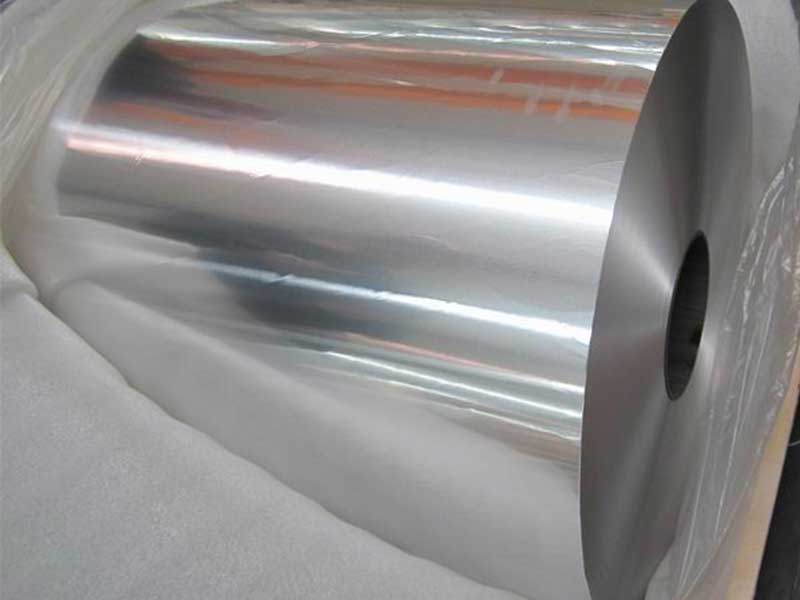When we think about aluminum alloys and their vast array of applications, one particular iteration, the 1100 H24 aluminum coil, stands out as a powerhouse of versatility and performance. This sub-section of aluminum solutions offers unique benefits across myriad industries, motivated by its distinct chemical makeup and processing temper.
the Basics: What is 1100 H24 Aluminum Coil?
At the core, 1100 aluminum refers to the aluminum alloy series classified as 1xxx. This series is exceptionally noted for its outstanding corrosion resistance, high thermal and electrical conductivity, and exceptional malleability. The addition of the H24 designation signals that this alloy has undergone work hardening (cold working), followed by a healing (stabilization) process. This results in improved mechanical properties while retaining a strong percentage of ductility.
Chemical Composition Table for 1100 Aluminum Alloy:
| Element | Percentage |
|---|---|
| Aluminum (Al) | 99.0% Min |
| Iron (Fe) | 0.5% Max |
| Silicon (Si) | 0.25% Max |
| Copper (Cu) | 0.05% Max |
| Manganese (Mn) | 0.05% Max |
| Magnesium (Mg) | 0.05% Max |
| Zinc (Zn) | 0.1% Max |
| Others | 0.15% Max Total |
The primary component, aluminum content at a minimum of 99%, amplifies properties like corrosion resistance, making it suitable for environments where other materials would sulk under intense oxidation.
Properties of 1100 H24 Aluminum Coil
Mechanical Properties:
- Yield Strength: ~ 95 MPa
- Tensile Strength: ~ 125 MPa
- Elongation: >= 15%
The H24 temper contributes wisely to the alloy's sense of strength and durability. The yield and tensile flux attracted by the work-hardening value juxtaposed against more traditional aluminum connections gives the coil the necessary heft to handle tough applications without becoming brittle.
Other Attributes:
- Corrosion Resistance: Highly resistant externally; ideal for outdoor use.
- Conductivity: Superior electrical and thermal conductivity makes it suitable for electrical applications.
- Formability: Exhibits excellent workability—capable of easy stamping, bending, and shaping.
Applications of 1100 H24 Aluminum Coil
So where do we leverage the advantages of this remarkable alloy? The temperament and utilities of 1100 H24 aluminum coils qualify them for diverse applications, associable with everyday objects and advanced machinery. From architectural facade panels to kitchen appliances, reflect on how this alloy stitches itself into the fabric of our lives:
- Food Manufacturing: Utilized in heat exchangers and pressure vessels.
- Electrical Applications: Ideal for electrical conductors, as its inherent conductivity makes it prized in applications ranging from complex circuitry to transformers.
- Industrial Container: Used for the manufacturing of chemical containers thanks to its innate resistance to corrosive materials.
- Building and Construction: Found in the construction of architectural panels, roofing, and gutters.
Implementation Standards Affecting 1100 H24 Aluminum Coil
Major industry standards denounce the reinforcing expectations within which 1100 H24 aluminum coils should be created and delivered. For instance:
- ASTM B846: Demand established quality for aluminum coils.
- ASTM B209: Focused on the specifications of recycled or metallic flexible materials.
Manufacturers and suppliers that adhere strictly to such parameters deliver reliable aluminum coils into the market, ensuring that consistency and safety lead construction efforts.









